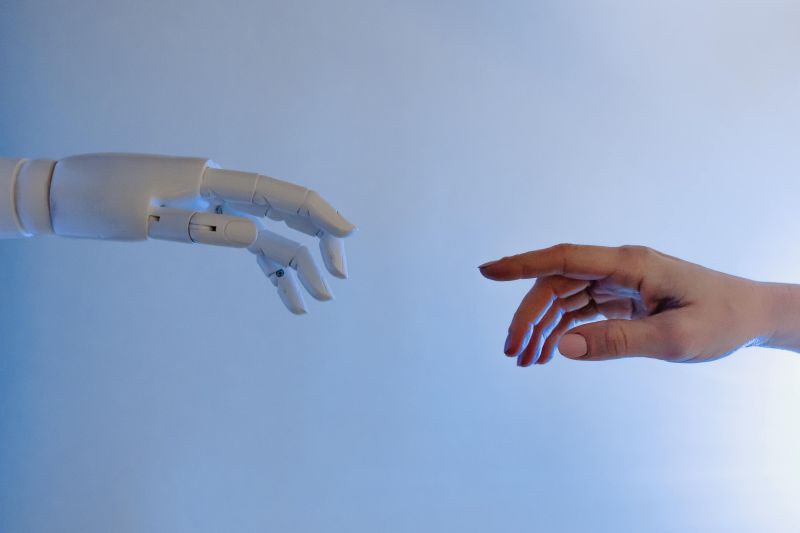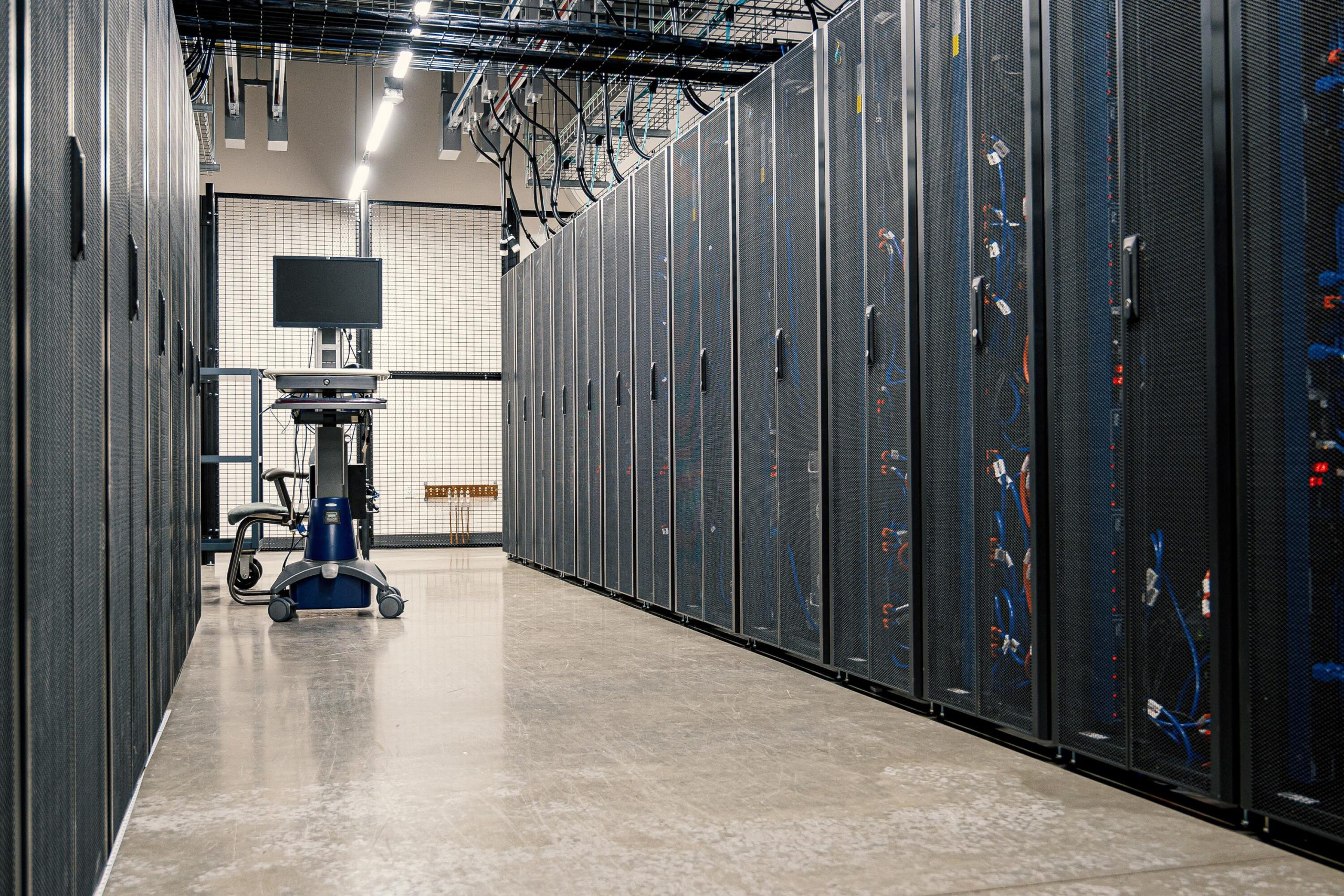AI has finally gotten really useful inside the IT organization. Most of the examples on the internet are frivolous and amusing, like how to remove a peanut butter sandwich from a VCR, written in the style of the King James Bible. But ChatGPT is helpful for mundane tasks in IT as well.
I’ve been fixing open issues in a small open-source project recently. One of the issues was that part of the code would concatenate strings to build SQL statements. That’s a classic SQL Injection vulnerability. ChatGPT can fix these bugs faster than I can. So I tell the AI, “please rewrite the following to use bind variables,” and give it the code.
Another example is working we legacy shell scripts. My sed/awk skills are rusty, but I can give a convoluted shell statement to ChatGPT, and it will patiently explain all the options and exactly how it works.
Many of your programmers are already playing with ChatGPT, GitHub Copilot, and other AI tools. You might as well embrace it. Set up a knowledge-sharing community for those curious about how AI can help IT. Have them present to you and the rest of the IT department. You’ll be amazed if you haven’t played with ChatGPT and its ilk.










